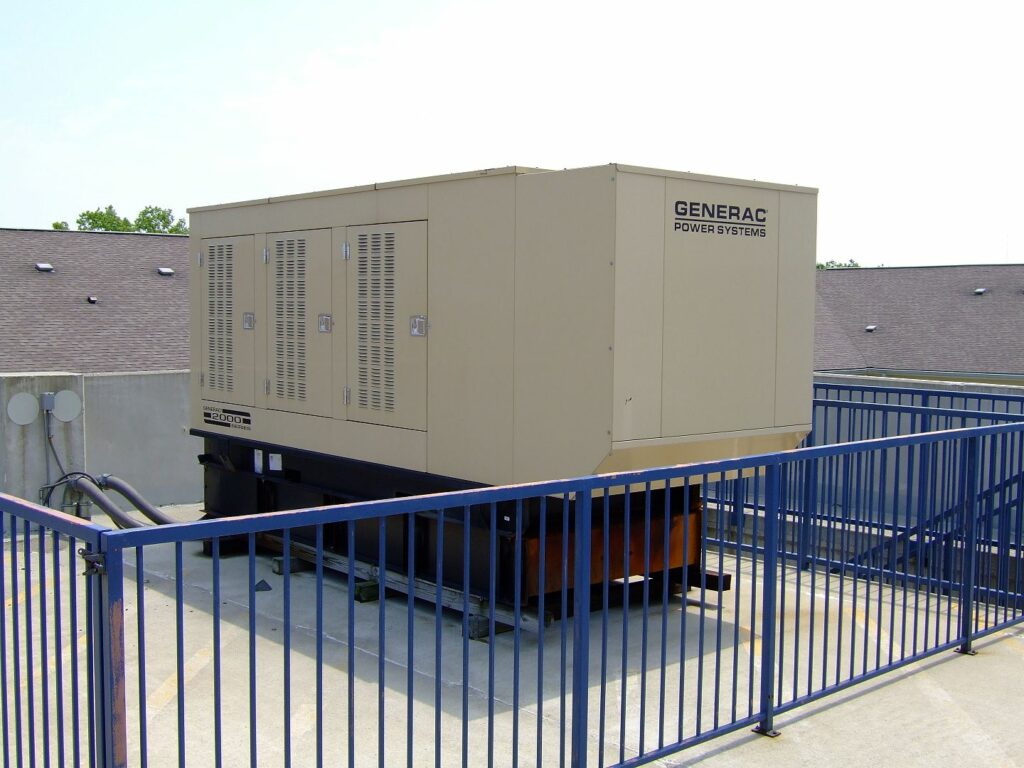
(Rightallegiance.com) – On January 20, 2025, President Donald Trump declared a national energy emergency, initiating a series of executive actions aimed at revitalizing domestic energy production. This move seeks to address rising energy demands and reduce dependence on foreign energy sources.
The declaration comes amid escalating energy demands driven by technological advancements such as artificial intelligence and quantum computing. Additionally, Americans have been grappling with high gas prices, prompting calls for increased domestic energy output.
President Trump’s executive order emphasizes an aggressive approach to energy production, encapsulated in his statement: “We will drill, baby, drill.” The order directs federal agencies to expedite the leasing, siting, production, transportation, refining, and generation of domestic energy resources .
Key components of the executive actions include:
Expansion of Fossil Fuel Production: Accelerating oil and gas drilling on federal lands and offshore areas.
Regulatory Rollbacks: Reversing certain environmental regulations to facilitate energy infrastructure projects.
Support for Traditional Energy Industries: Providing incentives for coal and nuclear energy sectors to boost production and employment.
Republican lawmakers have largely supported the declaration, viewing it as a necessary step to ensure energy independence and economic growth. Senator Cynthia Lummis of Wyoming stated that the move is pivotal for states like hers, which are rich in natural resources .
Conversely, Democratic leaders and environmental groups have criticized the declaration. They argue that it undermines efforts to combat climate change and could lead to environmental degradation. Some have also raised concerns about the potential legal challenges associated with the broad use of executive power.
The announcement has had immediate effects on energy markets. Oil prices experienced fluctuations as investors assessed the potential increase in U.S. energy supply. Analysts suggest that while increased production could lead to lower energy prices domestically, it may also contribute to market volatility .
Public opinion on the energy emergency is divided. Supporters praise the initiative for prioritizing energy independence and economic revitalization. Critics, however, express concern over environmental implications and the long-term sustainability of relying heavily on fossil fuels.
President Trump’s declaration of a national energy emergency marks a significant shift in U.S. energy policy. As the administration moves forward with its agenda, the nation watches closely to gauge the impacts on the economy, environment, and America’s position in global energy markets.